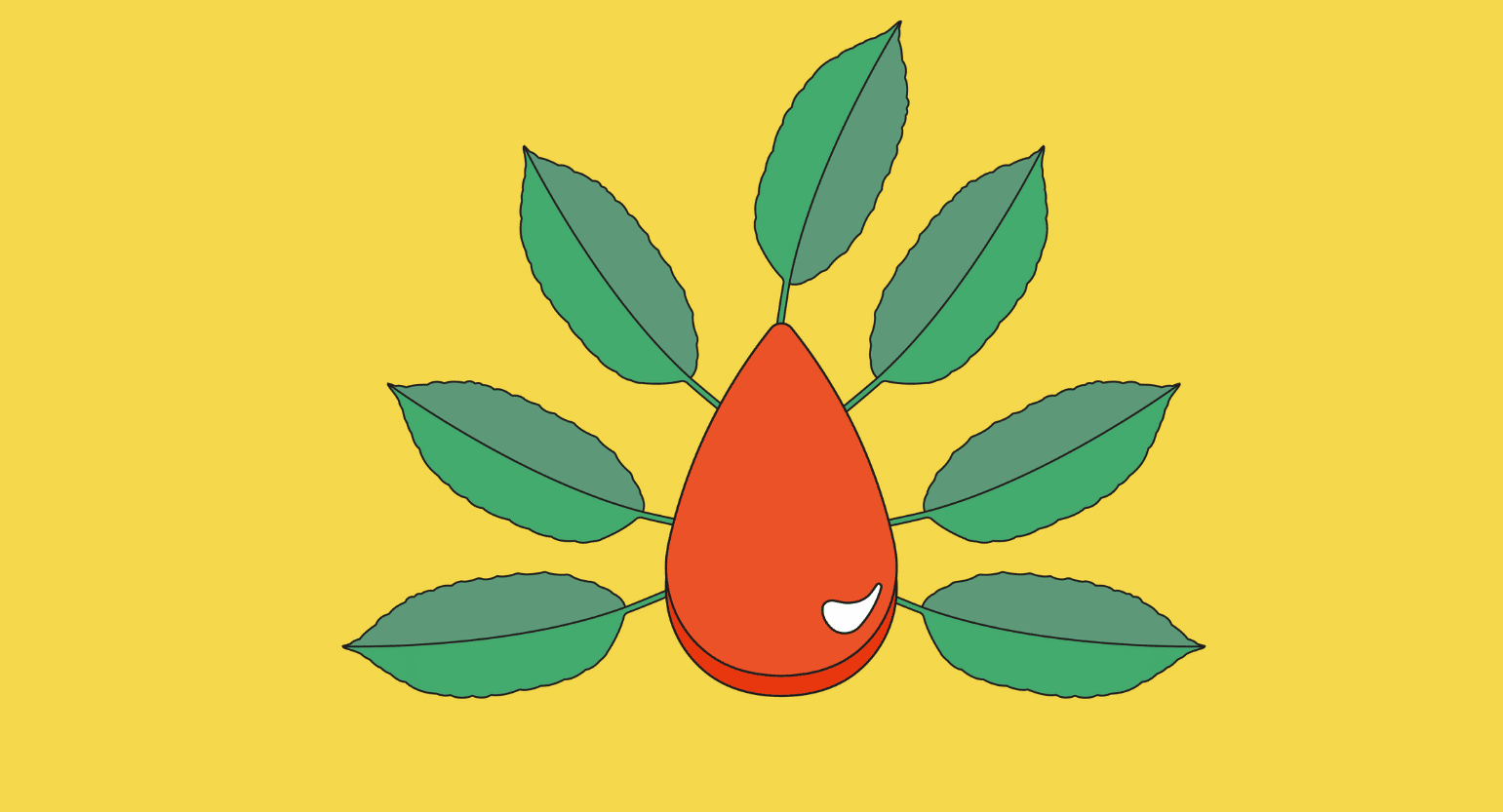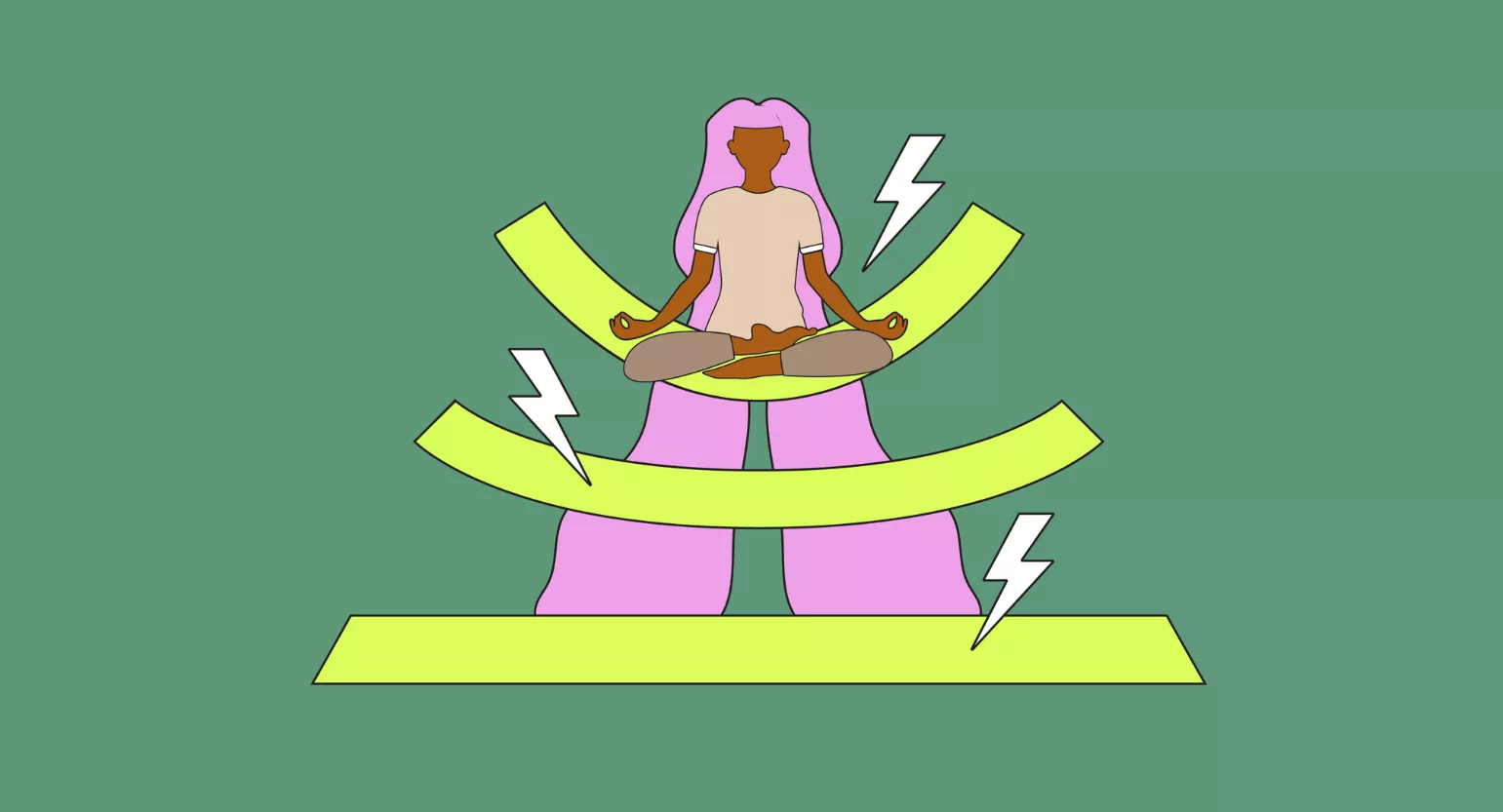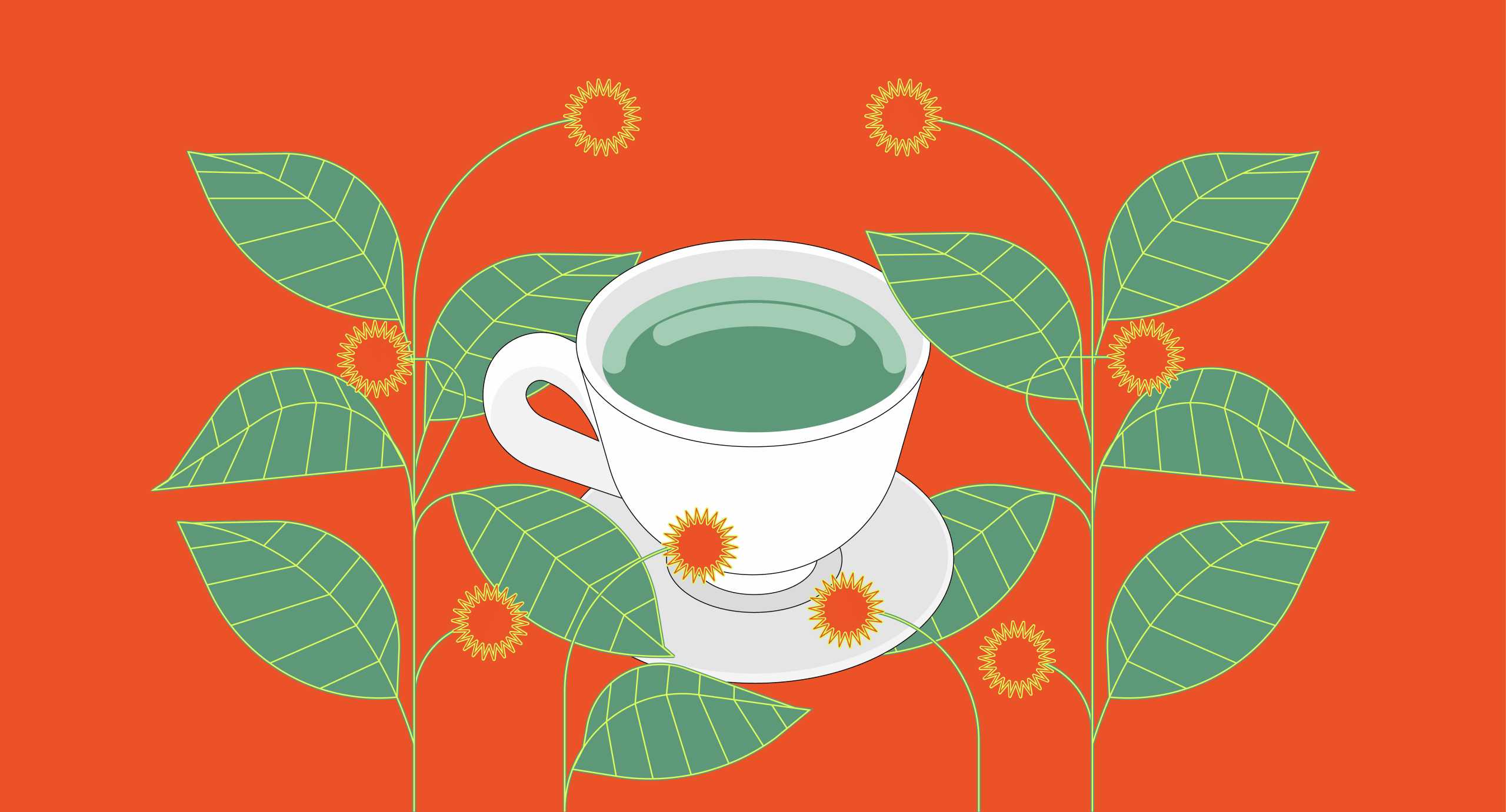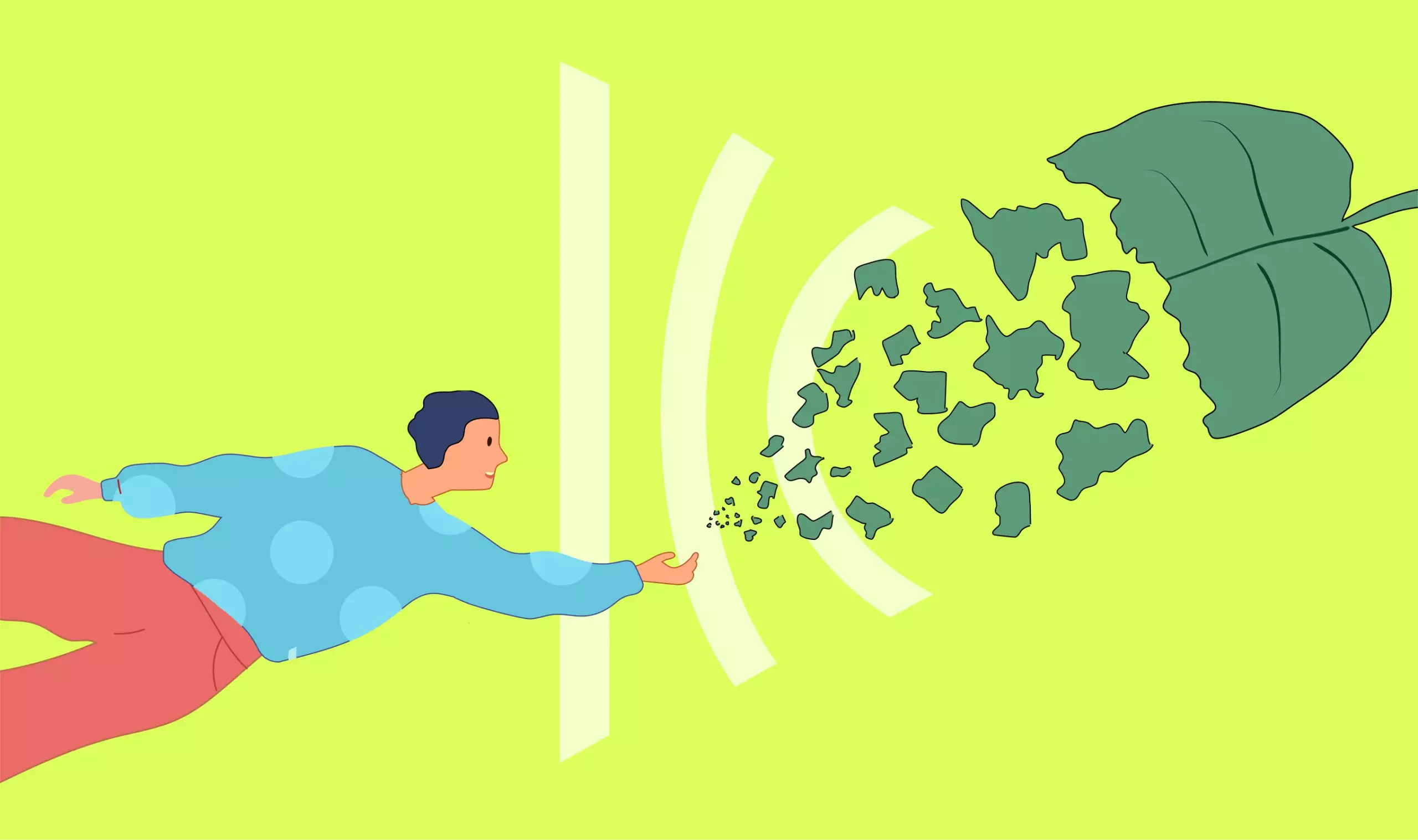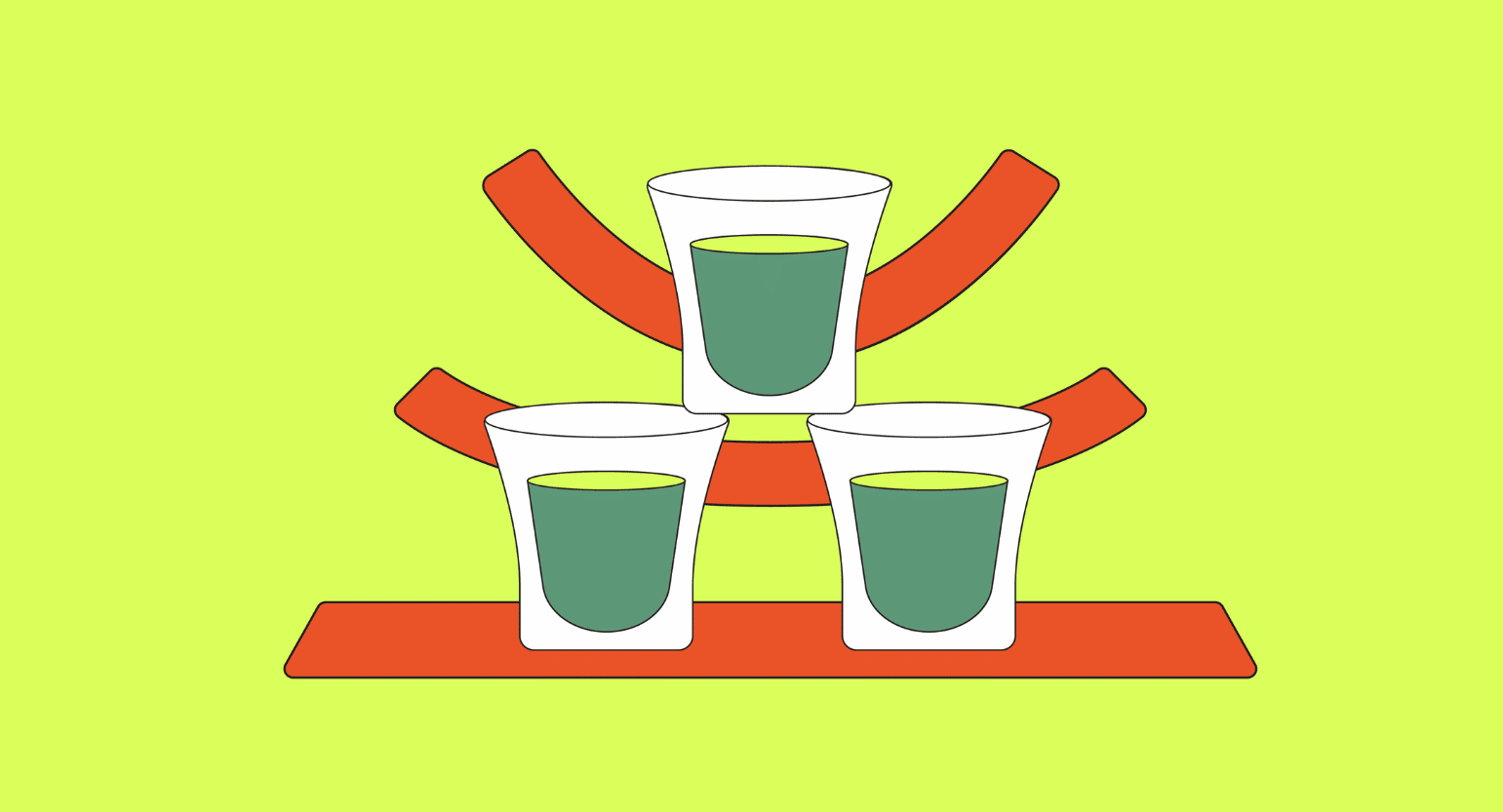What is a Blood Thinner?
The term “blood thinner” refers to a specific group of actions that cause the blood to become more fluid or prevent it from thickening (forming clots).
They’re primarily used to treat heart disease by preventing the formation of a blood clot that could clog arteries in the heart, brain, or other body organs.
When we have a blood clot in the heart, it’s called a heart attack. When the clot is in the brain, it’s a stroke.
Blood thinners prevent clots by blocking one or more steps or elements involved in the clotting process — such as vitamin K, various enzymes, or platelets.
Does Kratom Thin Your Blood?
The answer to this question is no — kratom doesn’t thin the blood. However, it can cause blood pressure to go up or down, depending on the dose.
Increasing pressure has a similar effect as thickening the blood, while reducing blood pressure has more of a thinning action.
Higher blood pressure has a higher likelihood of forming clots. Lower blood pressure can reduce the chances of clot formation.
Kratom can cause both. Let me explain.
Kratom has a-2 receptor agonistic effects, meaning it has the potential to lower blood pressure.
Really, it depends on what type of kratom you’re taking and how much you’re using. It’s also a matter of your previous medical history and sensitivity to blood-thinning substances.
As a general rule, stimulating substances cause blood vessels to constrict. This is known as hypertension, and it occurs when your nervous system gets excited, causing your heart to pump harder and faster and your blood vessels to tighten, causing blood pressure to increase.
However, the opposite is also true.
Kratom is also a relaxant and sedative in higher doses. Relaxants and sedatives tend to lower blood pressure by causing the blood vessels to relax. This has the effect of “thinning the blood” even though, technically, your blood remains the same consistency.
Related: Is Kratom Bad for Your Heart?

Will Kratom Interact With My Blood Thinner Medications?
One of the main reasons some people need to avoid using kratom is because of negative interactions with drugs or medications they’re using.
Blood thinners are particularly sensitive when combined with other medications or herbs like kratom.
You should speak with your doctor before using kratom if you’re using blood thinners.
There are three ways kratom could interact with these substances negatively:
- Antagonistic effect — the stimulating effects of kratom could negate the benefits of blood thinners by causing blood pressure to increase
- Agonistic effect — the relaxing effects of kratom could boost the anticoagulant effects of medications too much, resulting in problems with bleeding and bruising.
- Metabolic inhibitor — kratom alkaloids compete with blood thinner medications for metabolism in the liver (CYP3A4), which can cause concentrations of the medication to increase.
List of Prescription Blood Thinners
There are two main categories of blood thinners — anticoagulants and antiplatelets. Kratom is likely to have similar negative interactions with both.
Here’s a list of prescription blood thinners to avoid taking with kratom:
- Aspirin
- Brilinta (ticagrelor)
- Coumadin (warfarin)
- Effient (prasugrel)
- Eliquis (apixaban)
- Heparin
- Lovenox (enoxaparin)
- Persantine (dipyridamole)
- Plavix (clopidogrel)
- Pradaxa (dabigatran)
- Savaysa (edoxaban)
- Xarelto (rivaroxaban)

Kratom Alkaloids & Blood
If you want a complete and accurate picture of how kratom affects your blood, you’ll need to have your kratom tested to know what the alkaloid profile looks like.
Different alkaloids have unique effects.
Here’s a quick breakdown of the alkaloids found in kratom [1] and how they can affect your blood pressure:
- Ajmalicine is a relaxing alkaloid that can soothe the muscles and act as a sedative. It’s anti-adrenergic and antihypertensive (↓ blood pressure).
- Cilaphylline is an analgesic, but we know little else about this alkaloid.
- Corynantheidine is an opioid antagonist, meaning it has the opposite effects of traditional opioids. By proxy, corynantheidine is likely to stimulate the release of adrenaline (↑ blood pressure) [3].
- 9-hydroxycorynantheidine is a partial opioid agonist (it occupies receptor sites but doesn’t fully activate them).
- Corynoxeine is an alkaloid known to function as a calcium channel blocker. Pharmaceutical-grade calcium channel blockers lower blood pressure by decreasing the rate at which calcium goes into the heart. This reduces stress on the heart, allowing it to pump blood easier. (↓ blood pressure).
- Epicatechin is a potent antioxidant found in green tea. It’s capable of fighting inflammation, leukemia, viruses, cancer, and bacteria and can help improve the function of arterial vessels.
- Mitragynine is the most well-studied alkaloid exclusive to the Mitragyna family of plants. It possesses opioid properties and can help fight pain and diarrhea (↓ blood pressure) [4]
- Isomitraphylline is another compound that targets the opioid system. Isomitraphylline also helps to stimulate the immune system and is helpful for those struggling with leukemia.
- 7-hydroxymitragynine is, by weight, the most potent alkaloid in the kratom plant. It possesses strong opioid properties despite only being found in minuscule amounts in the kratom plant (↓ blood pressure) [5]
- Mitraphylline is an alkaloid that reduces blood pressure, relaxes the muscles, stimulates the immune system, and causes diuresis. (↓ blood pressure).
- Rhynchophylline is another alkaloid that functions as a vasodilator due to its calcium channel-blocking properties. (↓ blood pressure).
- Paynantheine is a compound that relaxes the smooth muscles in the body.
- Speciogynine is another alkaloid that is currently best known for its ability to relax the muscles. (↓ blood pressure).
- Speciocillatine is a very weak opioid agonist that makes up close to 1% of the total alkaloids in the plant. Researchers have yet to identify this alkaloid anywhere else.
- Speciophyllne might have some ability to fight leukemia.
- Tetrahydroalstonine is an alkaloid that possesses anti-adrenergic properties. (↓ blood pressure).
- Isomitrafoline is an alkaloid that composes less than 1% of the kratom leaf and is not well-understood
Other alkaloids that exist in minute concentrations are isopteropodine, isorhynchophylline, isospeciofoline, and mitracillatine. None of these alkaloids are well-understood, but the first two have immunostimulant properties.

Is Kratom Dangerous?
Substances like kratom that affect our blood pressure aren’t inherently dangerous.
Our blood vessels constrict and dilate multiple times throughout the day. Many things can affect blood pressure, including everyday activities like eating and exercising.
Substances that affect blood pressure are most dangerous for people that suffer problems with their blood pressure already or are at risk of developing a blood clot that could result in a heart attack or stroke.
Kratom can provide you with a reprieve from high blood pressure, but it shouldn’t be considered a permanent solution. Like any other psychoactive substance, kratom can cause dependence when taken regularly.
Kratom is a potent plant that can also be a double-edged sword. Some people become addicted to kratom. When they stop taking the herb, they experience symptoms of withdrawal.
During withdrawal, adrenaline levels spike uncomfortably, and blood pressure skyrockets for a short time.
Again, this isn’t necessarily dangerous except for those who already struggle with blood pressure problems.

When to Avoid Kratom
If you have issues with blood pressure, you should be very careful when deciding whether or not to use kratom. There have been very few cases of fatalities associated with kratom, and those reported often involved using other, more dangerous drugs or underlying medical conditions that were exacerbated by the kratom.
Nonetheless, you should be cautious when taking any substance that affects your mind and body. Kratom is no exception. If you’re having doubts about whether or not to use it, you should err on the side of caution.
Comparing The Top Kratom Brands
| Top Kratom Vendors | Pros | Cons | Coupon Codes & Discounts |
| Kona Kratom | • Extensive product lineup • Fresh batches • Consistently high product potency • Exceptionally fast shipping • AKA certified | • Only ships within the US | Use KRATOMORG for 15% off |
| Star Kratom | • Most Affordable • Selection of rare kratom strains • AKA certified | • Less selection than other popular vendors | Use KRATOMORG for 10% off |
| VIP Kratom | • Specializes in premium kratom • Options for capsules & raw powder for most strains • AKA certified | • Premium products mean premium pricing | Use KRATOM10 for 10% off |
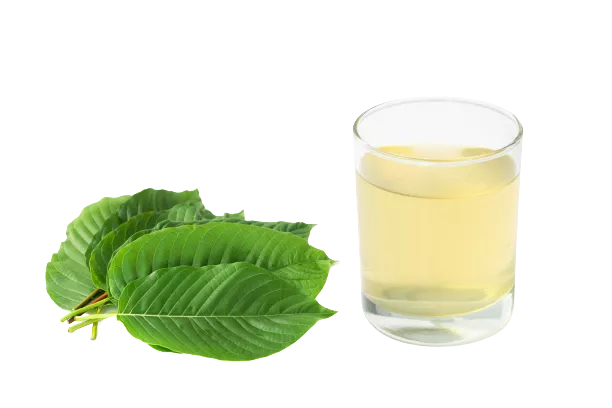
Final Thoughts: Is Kratom a Blood Thinner?
Kratom is a powerful medicinal substance with a variety of effects. This herb is not directly considered a blood thinner because it doesn’t inhibit the ability for blood to clot — however, it can cause changes in blood pressure, which can affect blood clotting.
In general, it’s wise to avoid kratom if you’re using a blood thinner or are at risk of heart attack or stroke.
- Flores-Bocanegra, L., Raja, H. A., Graf, T. N., Augustinović, M., Wallace, E. D., Hematian, S., … & Oberlies, N. H. (2020). The chemistry of kratom [Mitragyna speciosa]: Updated characterization data and methods to elucidate indole and oxindole alkaloids. Journal of natural products, 83(7), 2165-2177.
- Morrison, D., Capewell, S., Reynolds, S. P., Thomas, J., Ali, N. J., Read, G. F., … & Riad-Fahmy, D. (1994). Testosterone levels during systemic and inhaled corticosteroid therapy. Respiratory medicine, 88(9), 659-663.
- Ramanathan, S., León, F., Chear, N. J., Yusof, S. R., Murugaiyah, V., McMahon, L. R., & McCurdy, C. R. (2021). Kratom (Mitragyna speciosa Korth.): A description on the ethnobotany, alkaloid chemistry, and neuropharmacology. In Studies in Natural Products Chemistry (Vol. 69, pp. 195-225). Elsevier.
- Gibbons, S., & Arunotayanun, W. (2013). Natural product (fungal and herbal) novel psychoactive substances. In Novel psychoactive substances (pp. 345-362). Academic Press
- Kruegel, A. C., Uprety, R., Grinnell, S. G., Langreck, C., Pekarskaya, E. A., Le Rouzic, V., … & Sames, D. (2019). 7-Hydroxymitragynine is an active metabolite of mitragynine and a key mediator of its analgesic effects. ACS central science, 5(6), 992-1001.
